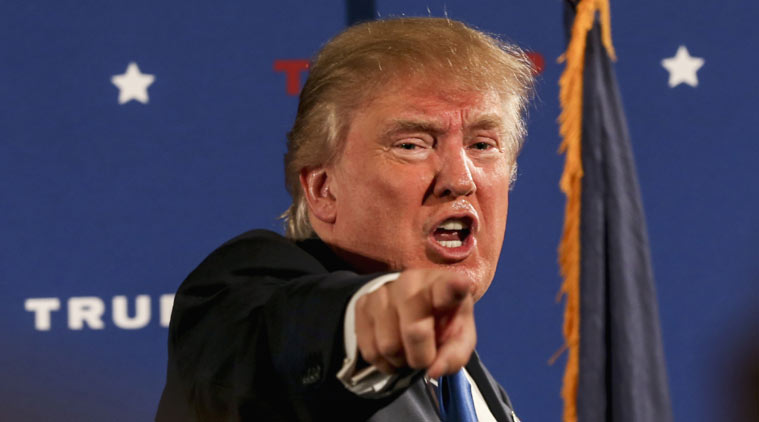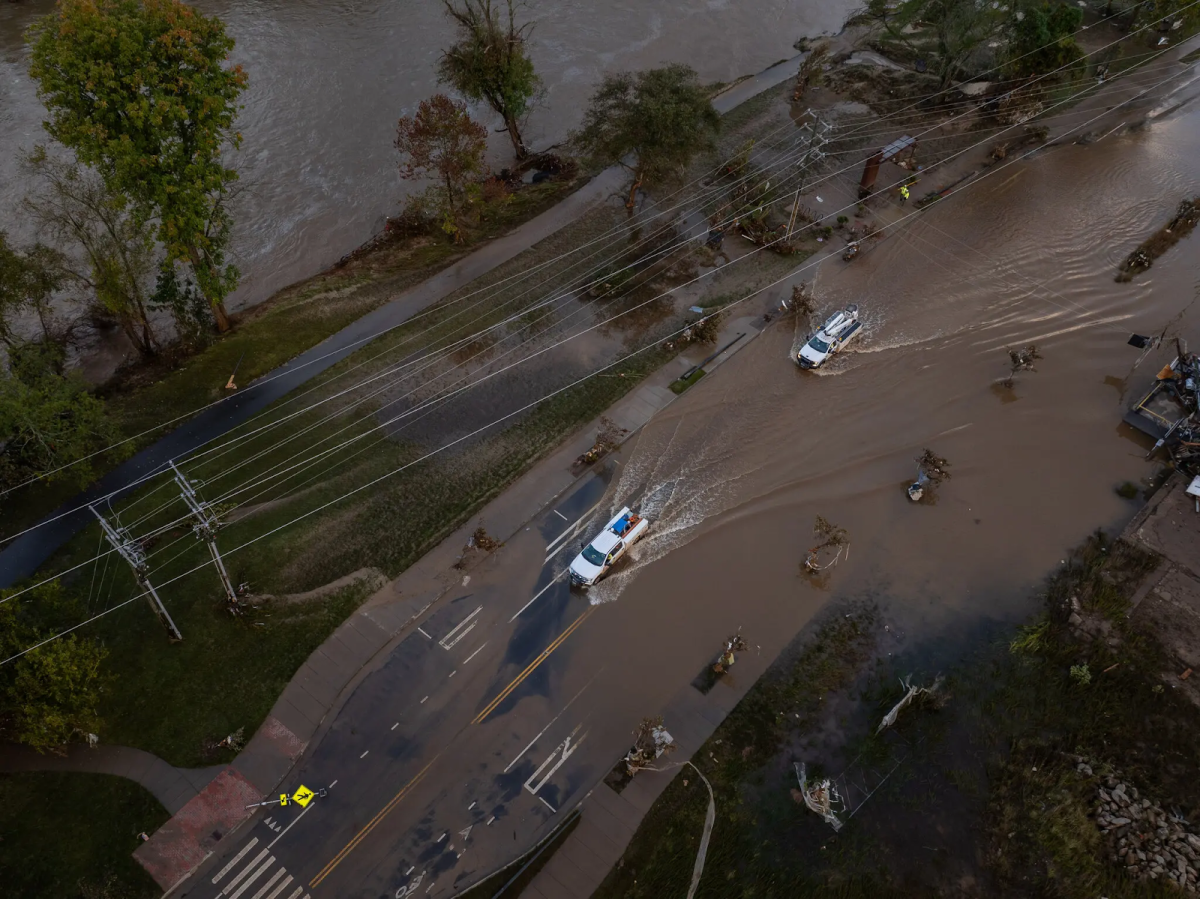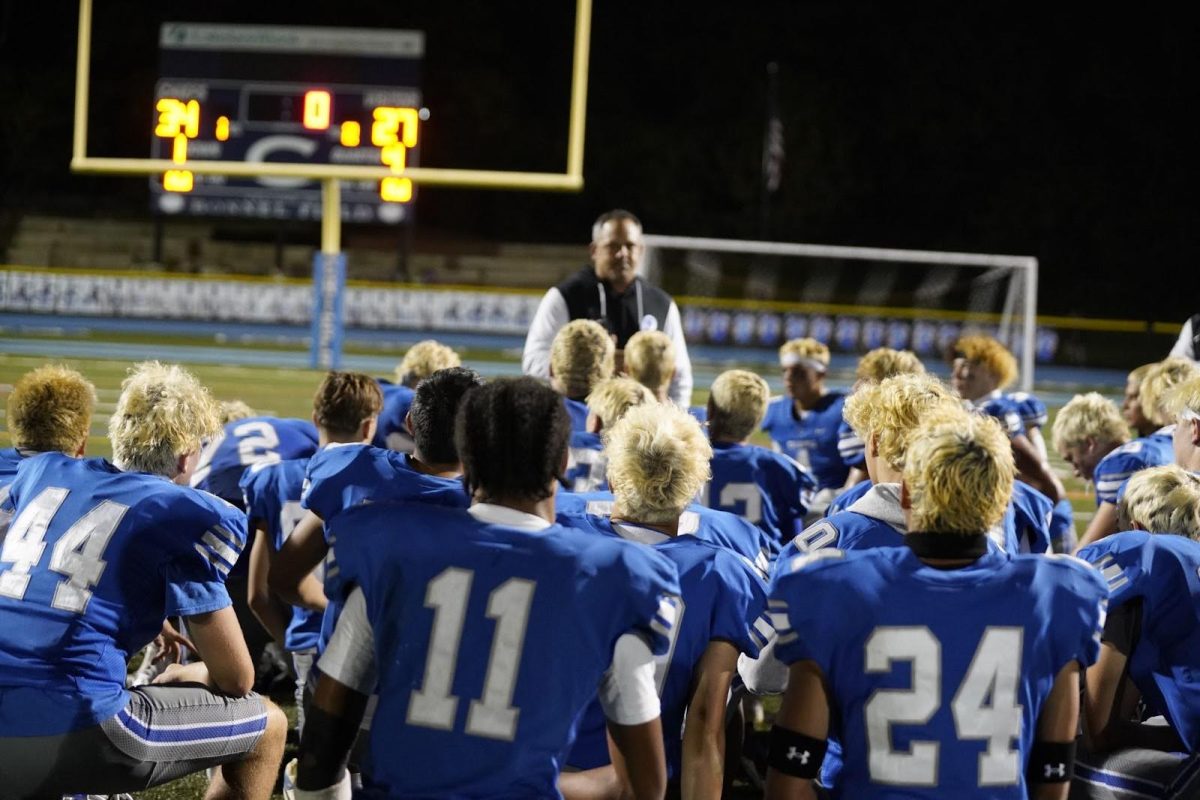By Emily Freed
On November 13, 2015, there was a series of terrorist attacks in Paris, where suicide bombings and mass shootings at concert halls, cafes and restaurants occurred. It was the deadliest attack in France since World War II. Approximately 130 victims were fatally wounded. Three explosions were also set off by suicide bombers near the Stade de France, the national sports stadium, where the president of France was at the time. The Islamic State of Iraq and the Levant (ISIL), a jihadist militant group, claimed credit for the attacks.
However, despite the horrific attacks being committed by ISIL, the blame should not lay on all Muslims. In fact, that reaction only further enables ISIL; their mission is to isolate Muslims in the West from the others in their country, because they believe it will force them to join ISIL and comply with their militant ideals. Though ISIL is a national issue, and we all desire to be safe from further attacks, restrictions on Muslims will solve nothing.
With yet another attack committed by Islamic extremists in California, this time a radicalized married couple with ties to ISIL but not entirely under their direction, the situation has gained a greater sense of urgency. The attacks are beginning to play a role in the presidential primaries debates. Donald Trump has taken advantage of the fear many Americans felt after the Paris attacks and the San Bernardino shooting in California to rally anti-Muslim sentiment. He advocated for “a total and complete

shutdown of Muslims entering the United States” as well as a potential requirement for Muslims to officially register their religion in a database. This extreme proposal does nothing but foster racism and further the scape-goating of Muslim Americans, rather than focus our attention on the actual threat.
Has America not learned from the past by placing blame on an entire race for an often small and extremist sect? Less than a century ago, the United States forcibly interned Japanese-Americans during WWII out of fear that they were spies for Japan. The internment only succeeded in alienating that ethnic group and promoting racism against those who were not only loyal American citizens, but also innocent. Shall we repeat this cycle again?
In the media, numerous critics of Trump’s plan have related his plan to make Muslims register in a database to that of the case of Jewish people in Nazi Germany. While he may not (yet) be pushing for physical identification markers, the act of making one declare their religion, according to the Holocaust Center, is “one of many psychological tactics aimed at isolating and dehumanizing the [the isolated group], directly marking them as being different [inferior] to everyone else.”
Bernie Sanders accurately rebukes Trump’s insensitive propaganda, stating that, “demagogues throughout our history have attempted to divide us based on race, gender, sexual orientation or country of origin. Now, Trump and others want us to hate all Muslims.” America need not let itself become divided. Blaming an entire group of people for the actions of an extremist group is a huge folly, one that we cannot afford to take in such a tumultuous time. The safety of all American citizens needs to be addressed—and that safety extends to Muslim-Americans as well. The most effective way to combat ISIL is not to play right into their hands by isolating Muslims; it is to unify in order to weaken their influence. As Abraham Lincoln once said, “A house divided cannot stand.” If our country allows itself to be divided on the grounds of political party and race, we cannot effectively combat the threats being raised against us. Only if we come together can we stand strong against these dangers.





























